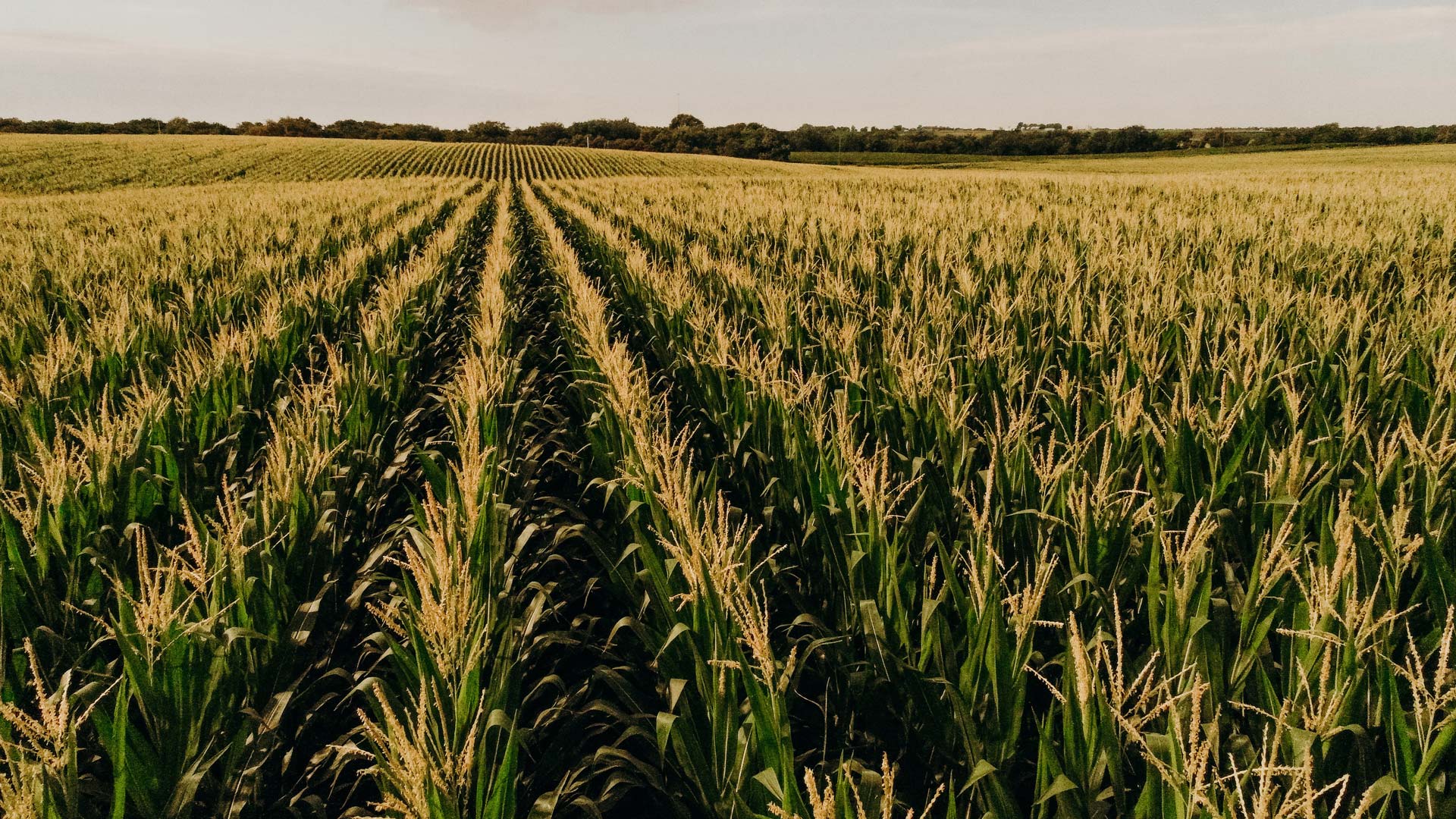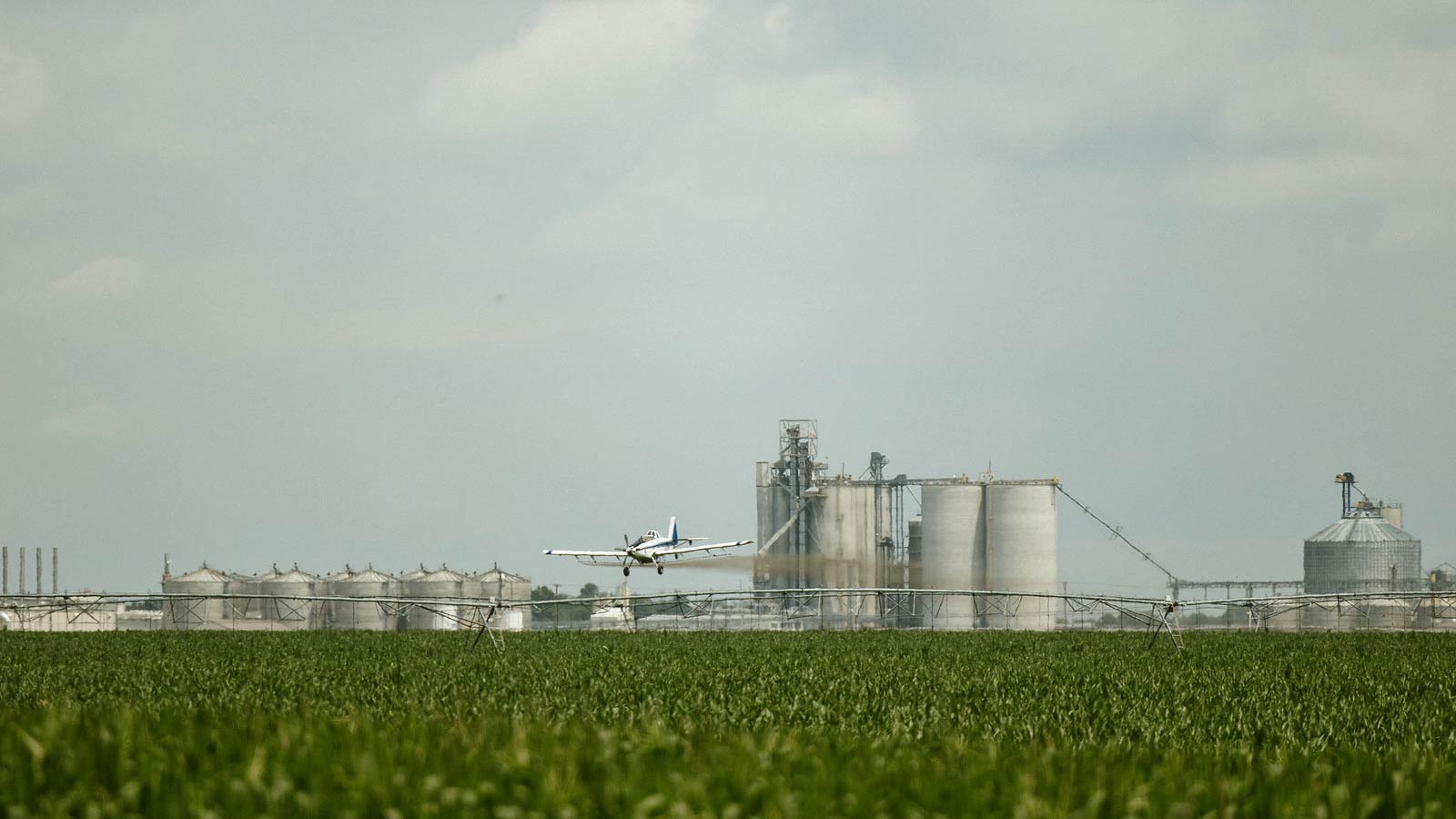Everyone is trying to make good choices these days. When it comes to filling your tank at the pump, Unleaded 88 stands out as the smart choice for your wallet and your car!
Also called E15, Unleaded 88 is a blend of ethanol and gas that is approved for use in all gasoline powered vehicles model year 2001 and newer. It not only saves you money with its lower price point compared to traditional gasoline, but it also benefits the environment by reducing greenhouse gas emissions.
By choosing Unleaded 88, which contains ethanol made from corn, you’re not just fueling your car— you’re also supporting American agriculture, making a positive impact on both your wallet and helping the planet!
Here, we’ll answer some of the most common questions about Unleaded 88 and how it can benefit you and your vehicle.
What Is Unleaded 88?
Unleaded 88 is a biofuel blend made of up to 15% ethanol and 85% gasoline. Unleaded 88 burns cleaner and is better for the environment than pure gasoline alone, helping reduce pollution.
In addition to costing less than traditional gasoline, the ethanol Unleaded 88 contains is a renewable, American-made fuel source. Much of the ethanol used around the world is made from U.S. corn. When you fuel up with Unleaded 88, there’s a good chance the ethanol it contains comes from Nebraska, which is the second-largest ethanol producer in the country.
Using a blend with American-made biofuel supports American farmers while also helping strengthen our country’s energy security.
Is E15 gas the same as Unleaded 88?
Yes. With so many choices at the pump these days, it’s easy to wonder what E15 gas is. Turns out, it’s just another name for Unleaded 88. Both terms describe the blend of up to 15% ethanol biofuel with 85% gasoline. Some stations and states have different names, and this is one of them!
What Are the Benefits of Unleaded 88 Gas?
Ethanol offers numerous benefits for your engine and your pocketbook. Top benefits of Unleaded 88 include:
- Improved engine health: Higher octane rating (88 vs 87 for regular unleaded) which can reduce engine deposits, boost horsepower and engine efficiency.
- Reduced pollution: Burns cleaner, potentially reducing pollution and greenhouse gas emissions that contribute to global warming.
- Savings at the pump: Often costs less than regular unleaded gasoline as well as lower ethanol blends like E10.
How Much Can I Save by Using Unleaded 88?
Unleaded 88 is less expensive than traditional gasoline blends, in some cases significantly less expensive. In August 2024, price-tracking websites reported the national average for a gallon of Unleaded 88 was $3.23 a gallon—89 cents cheaper than the $4.12 for non-ethanol blends. While savings can vary by region, Unleaded 88 is also usually at least 10-30 cents cheaper per gallon than even lower ethanol blends.
Can I Use Unleaded 88 in My Car?
Many people wonder what vehicles can use Unleaded 88. The answer is simple: Unleaded 88 is safe for most vehicles on the road today. That’s because it is approved by the U.S. Environmental Protection Agency for use in gasoline powered cars, trucks and SUVs made in 2001 or newer.
Will Unleaded 88 damage my car?
Is Unleaded 88 safe to use? Yes, it is safe and approved for use on the vast majority of modern vehicles (2001 and newer). In fact, Unleaded 88 can boost horsepower and enhance your engine’s performance.
Where Can I Find Unleaded 88 Gas?
Many gas stations sell Unleaded 88 as well as other ethanol-gasoline blends, like E10 and also E85/flex fuel. To find Unleaded 88 gas near you, visit getbiofuel.com.
Where Is Ethanol Used in Unleaded 88 Made?
Ethanol is one of the many products made from corn. Much of the ethanol used in cars is made here in Nebraska, one of the nation’s leading corn-growing states and the second-largest ethanol producer in the country.
The production of corn-based ethanol provides many benefits in addition to fueling vehicles. Valuable co-products are created during the ethanol-making process, including corn gluten meal and distillers’ grains—which are both nutritious, protein-rich ingredients used in livestock feed.
Related Posts
How Precision Agriculture Takes Corn Farming into the Future
Precision agriculture is revolutionizing the way Nebraska corn farmers grow their crops. By using advanced technology and data analytics, growers are able to maximize yields while minimizing waste. This new approach is helping Nebraska [...]




